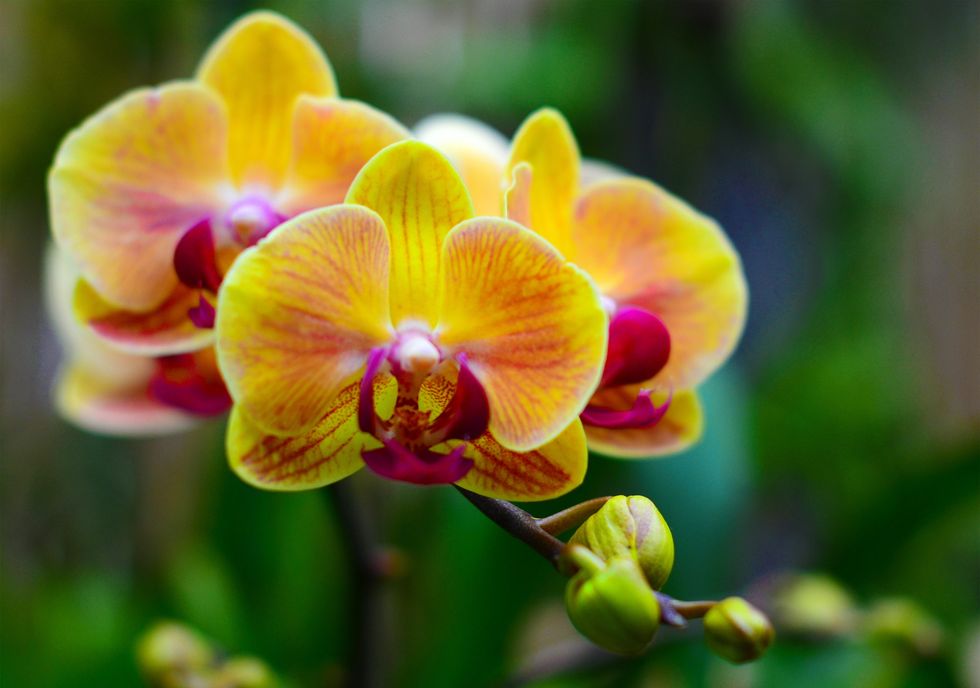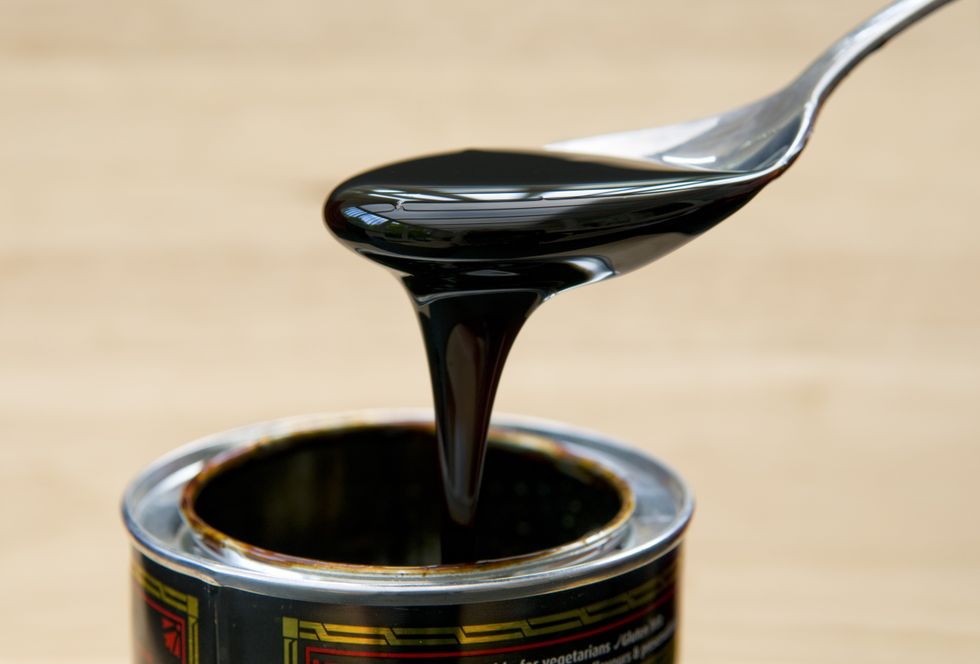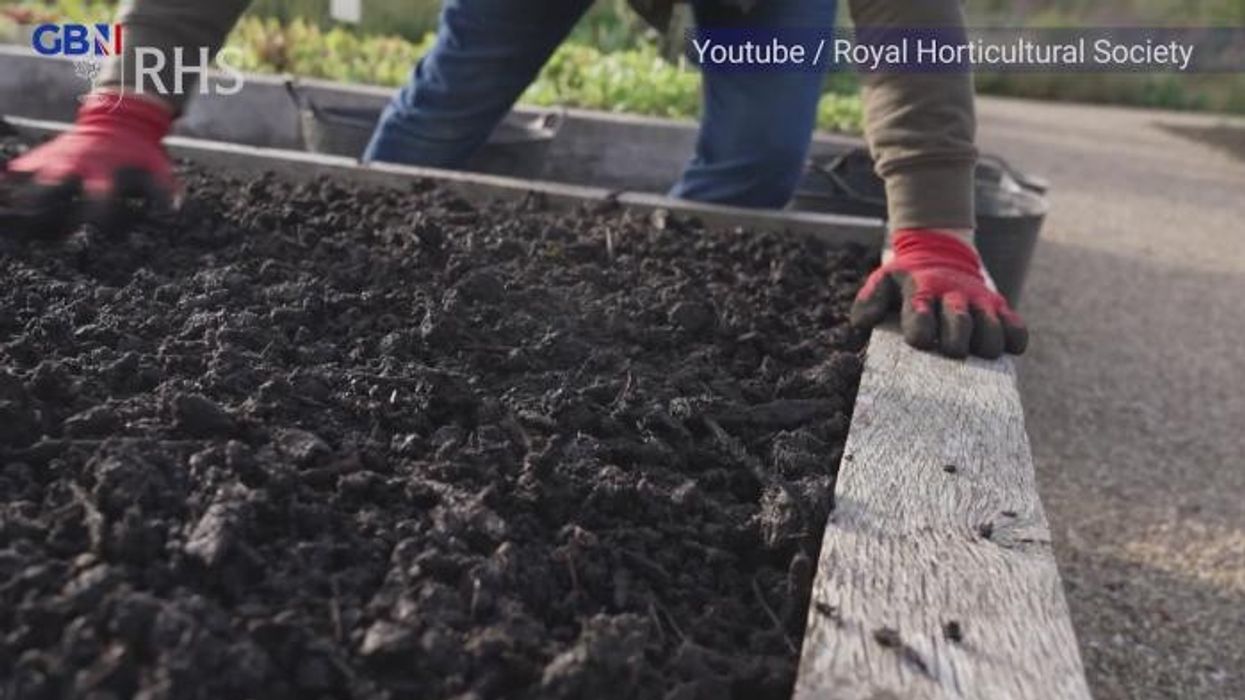Kitchen feed encourages prolific blooms and ‘juicier crops’ while deterring unwanted ants

Common kitchen ingredients may offer a double-whammy of benefits to struggling plants
Don't Miss
Most Read
Watching successful crops produce large blooms brings immeasurable joy to gardeners, but the success of each yield hinges on various factors.
Fortunately, preparing homemade plant feed is an easy way to assist plants on their growth journey, even with the simplest ingredients.
As sustainable gardening practices gain momentum, gardeners are turning to their kitchens for help, with many reaping benefits from feeding their plants molasses.
The sweetener has been lauded by several experts as a plant fertiliser because it contains a vast array of minerals.

Orchids can flower more vigorously with the right feed
|GETTY
What’s more, its unique sticky texture helps minerals latch onto plants and infiltrate their root system.
This naturally increases the sugar content of the flower, making it unpalatable to unwanted pests like ants.
According to Craig Morley, a gardening expert at Budget Seeds, molasses offers the best results diluted and incorporated into the watering routines of plants.
The professional offered several tips to GB News readers for using molasses in everyday gardening practices.
He explained: “Plants themselves are not [...] capable of processing the nutrients in molasses, instead they are processed by the organisms in the soil that will then provide a boost to any plants where it was applied.
“The main benefit of molasses is that it provides the microbes that plants need with sugar, which can lead to healthier plants.
“Unsulfured molasses contains many micronutrients such as calcium, magnesium, iron and potassium, which help with enzyme function and protein structure of the microscopic life that lives in soil that can affect how your plants grow.”
The expert added that molasses works as a chemical-free insecticide by deterring soft-bodied insects like aphids or ants. It is also organic and much cheaper than chemical-based fertilisers and pest control.
Experts at RCW Nurseries confirm this, adding that the molasses acts as a deterrent by raiding the sugar content of plants.
Once ingested, the insects will quickly move on as the sugar cannot adequately be processed.
LATEST DEVELOPMENTS

Molasses may help deter pests from your favourite houseplants
|GETTY
Craig added: “Before planting tomato seeds, using molasses when preparing the soil can help you to achieve juicier crops, as it will stimulate the microbes that can help the plants to grow stronger.
“Some people also claim that you can use molasses as the best fertiliser for orchids and it deters ants from the plant too.”
It comes as British horticultural Monty Don has mapped out specific tasks to complete over the next month for a successful garden, citing lawn maintenance as a pivotal job.
Other experts have stressed the importance of pruning roses in the coming weeks to extend their lifespan.











